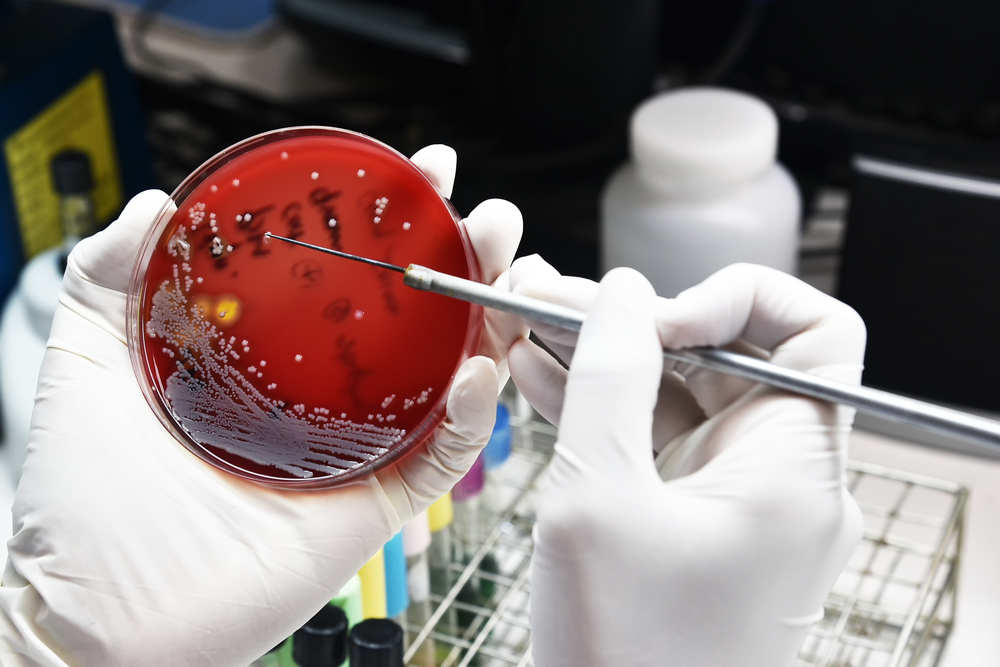
Pattern Bioscience was awarded $6.8 million in funding to develop a test to diagnose drug-resistant infections quickly.
The rapid identification and antimicrobial susceptibility test (ID/AST) will provide health professionals with information about which pathogen is causing the infection and which antibiotic is most likely to cure the infection.
The funding is from CARB-X – or Combating Anti-Bacterial Resistance — a consortium led by Boston University and funded by a global partnership.
“Rapid diagnostics are urgently needed to improve the treatment of drug-resistant infections. They can provide vital information about the bacteria causing an infection and take the guess-work out of treatment decisions in the first critical hours of illness,” Erin Duffy, chief of research and development of CARB-X, said. “Currently, it can take days of laboratory testing to diagnose a lethal bacterial infection. Faster ID/AST results, like Pattern’s diagnostic, if successful and eventually approved for use in patients, would enable medical staff to treat infections quickly with appropriate antibiotics.”
Pattern will be eligible for up to an additional $15.1 million in funding if it meets certain milestones.
The Pattern test seeks to provide definitive test results within four hours. Pattern’s technology combines single cell analysis with deep learning. Rapid ID/AST is critical to improving the treatment of drug-resistant infections.
“We can’t imagine a better partner than CARB-X to carry out our shared mission, and we’re honored by this recognition of our unique potential to transform antibiotic treatment decisions,” Nick Arab, co-founder and CEO of Pattern, said. “This funding will allow our remarkable and growing team to advance development of Pattern’s life-saving technology.”
CARB-X has supported 56 projects and has provided more than $189.3 million in funding.
An estimated 700,000 people die each year worldwide from bacterial infections, including 35,000 deaths in the United States, according to the World Health Organization.




